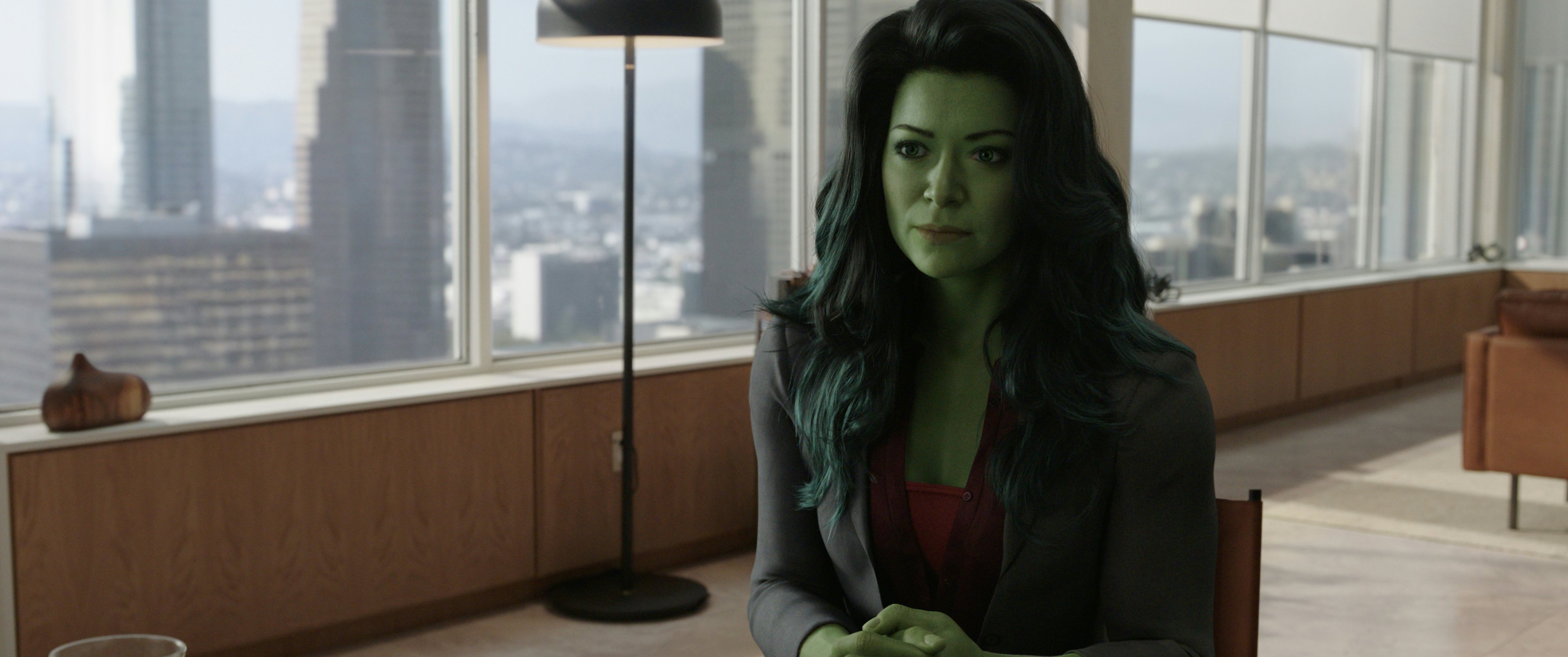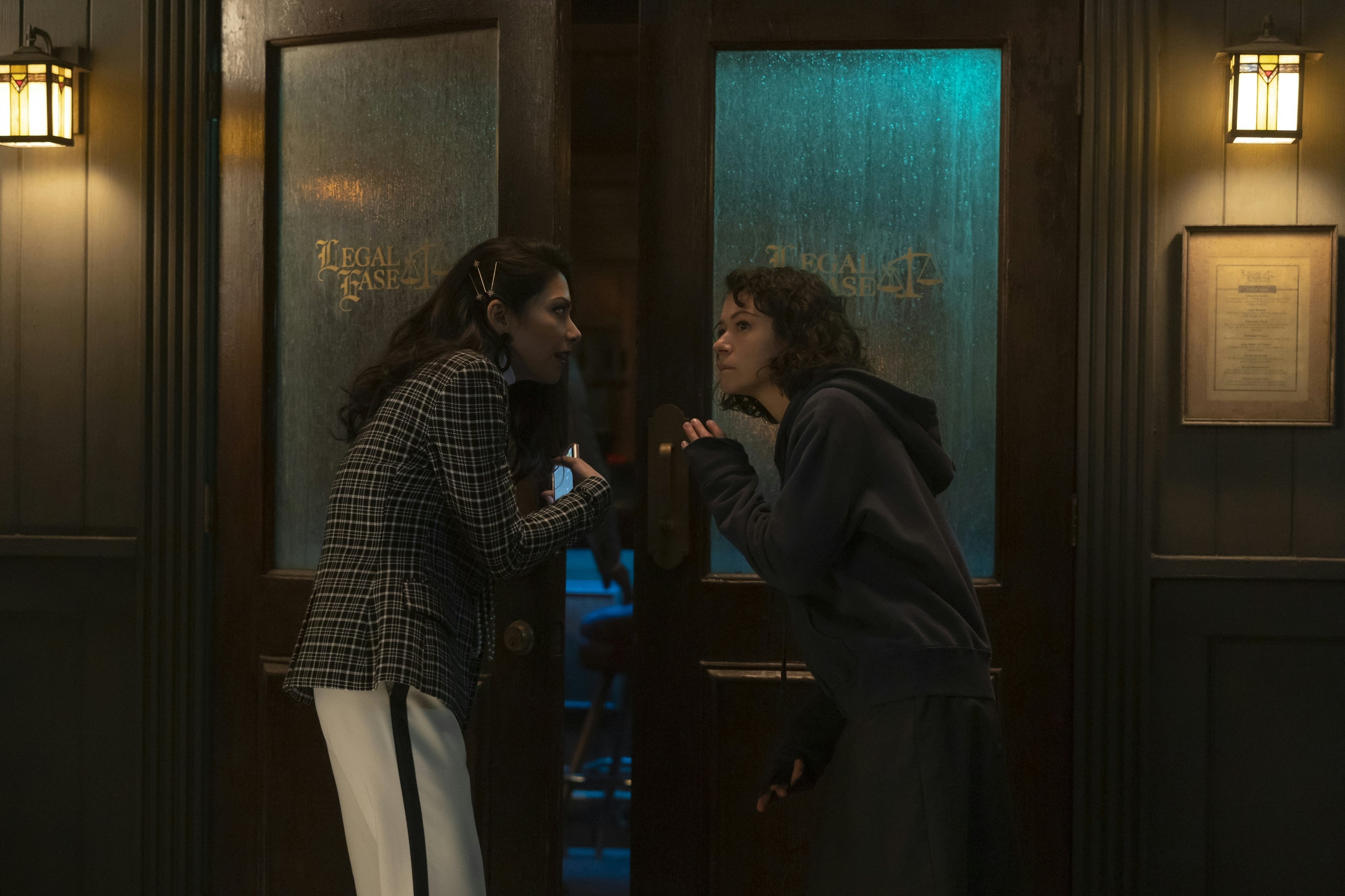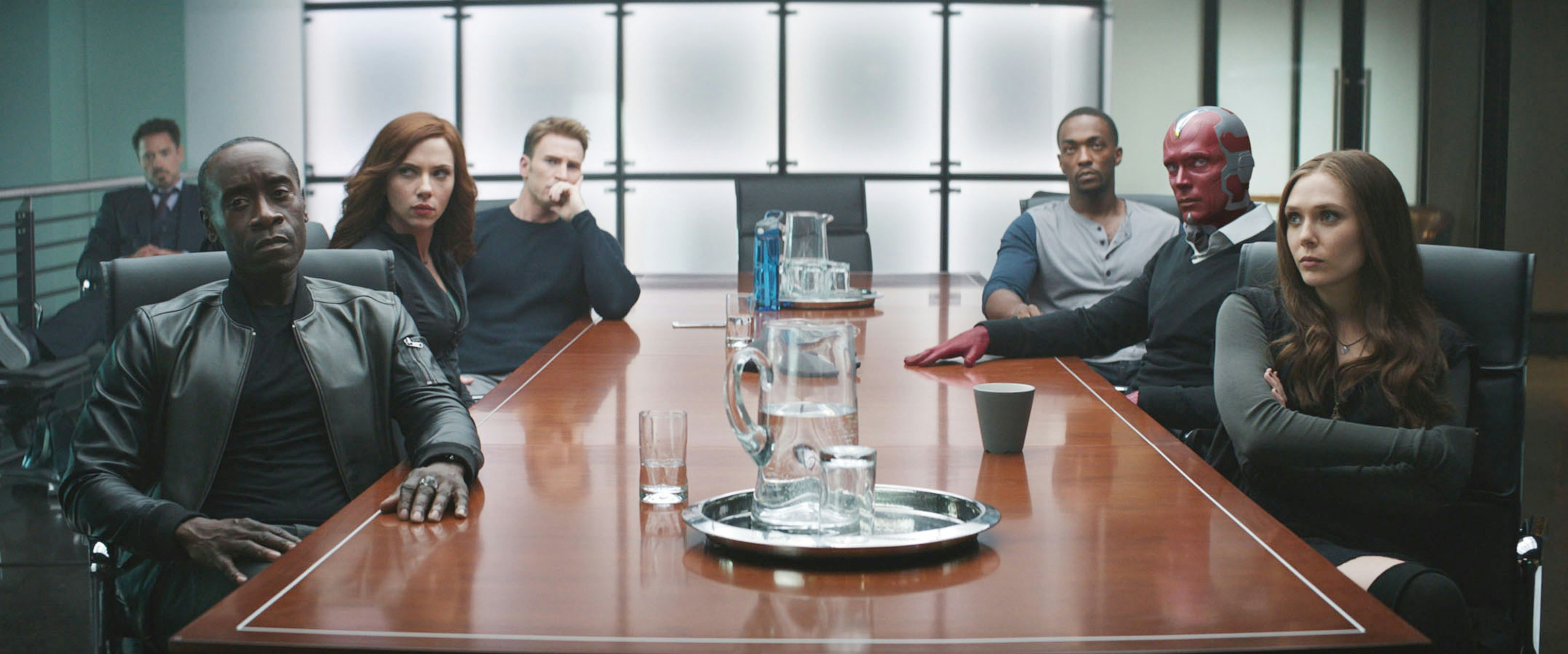
The law offices of GL&K is on the precipice of something groundbreaking for the Marvel Cinematic Universe.
Nearly 15 years after Iron Man kicked off a universe of superheroes, She-Hulk: Attorney At Law is finally figuring out the legalese for powers, magic, and mysticism. While the series is primarily a character-oriented sitcom about a lawyer, Jennifer Walters (Tatiana Maslany), learning to balance her superhero life with her professional career (only for these dueling identities to intersect in weird ways), its placement in the MCU means She-Hulk might actually be far more important to the fictional universe than we thought.
In short, She-Hulk: Attorney At Law might make legal sense of unknown quantities of the MCU. Between Moon Knight and Ms. Marvel introducing supernatural elements to the MCU and the multiverse prepped to play a much bigger role in the near future (see both Avengers: The Kang Dynasty and Avengers: Secret Wars), She-Hulk may be one of the most critical, must-watch shows in the MCU — even if it’s not a “serious” show at all.
No spoilers for She-Hulk Episode 4, but you probably know by now that Benedict Wong will return as fan-favorite Wong, now the Sorcerer Supreme. As teased in the trailers, Wong comes to Jennifer for legal advice. He wants to ensure the Kamar-Taj sorcerers fully own their own powers, so their potentially dangerous methods cannot be stolen and abused by others for personal gain. Of course, Jennifer points out that the Masters of the Mystic Arts don’t own any actual copyright over their sorcery, which leads to some problems for Wong to figure out.
Wong’s dilemma is just one example of the kinds of legal — and, really, ethical — questions that exist in the MCU. It’s not merely ownership rights to superpowers that Jennifer and her employers have to solve for. There are also questions about public trust, accountability, and responsibility. If superhero stories are, at their most fundamental, a way for our pop culture to enforce or challenge the status quo of how power is distributed in our real world, then She-Hulk has a chance to engage with those themes in a much more precise, explicit manner. Its discussion of these themes could reverberate out across the MCU in impactful ways.

For example: Are superheroes liable for damages they cause in battles? If a superhero profits from their own image, how much should they be taxed at both the federal and state levels? (And can these be paid without exposing secret identities?)
If Professor X reads someone’s mind without their permission to stop a robbery, is he in violation of an individual’s right to privacy? Vigilantism is, by all accounts, illegal. So if Daredevil and Spider-Man are criminals, is it appropriate for local funds to be allocated for memorials in their honor? Should injuries caused by villains be covered by health insurance? (What about injuries caused by heroes?) What reparations are owed by the Avengers to the entire universe for the Blip?
The last time the MCU dealt with the “legal”-ness of superheroism was when it introduced the Sokovia Accords in 2016’s Captain America sequel. In contrast to the Superhuman Registration Act in the 2006 Marvel Comics version (a very post-9/11 superhero tale that was more emblematic of the Bush era than most other comics), the Sokovia Accords cared less about registering superheroes and their secret identities and more about creating a structure of accountability for the Avengers.
The Sokovia Accords came in the wake of collateral damage by the Avengers in Lagos, which ended in 26 civilian casualties. Meanwhile, in the comics, a town in Connecticut blew up when D-string superheroes filming their MTV reality show went haywire. (Like I said, Bush era.) Regardless of the specifics, in both cases, superheroes were deemed both necessary and dangerous, which required the need for oversight in the form of some legalese.

It wasn’t known exactly what was in the Sokovia Accords other than what we heard directly from Thaddeus Ross (William Hurt):
“For the past four years you have operated with unlimited power and no supervision. That’s not an arrangement the governments of the world can no longer tolerate. I think we have a solution. The Sokovia Accords. Approved by 117 countries, it states that the Avengers shall no longer be a private organization. Instead, it will operate under the supervision of a United Nations panel only when and if that panel deems it necessary.”
This brings us back to She-Hulk. While the show is first and foremost made to generate laughs, it’s entirely possible Jennifer Walters may one day end up in the epicenter of how superheroes legally operate in the MCU. We never saw the drafting of the Sokovia Accords, but She-Hulk could be the front-row seat to their next political evolution — whatever form that may take.
The multiverse is upon us in Phase Four, and as if the Blip wasn’t weird enough, the collision of universes and realities is sure to cause legal headaches as people straight up vanish (again) or wake up with new identities. When that happens, well, we have the number for GL&K.
She-Hulk: Attorney At Law streams new episodes Thursdays on Disney+.

.png?w=600)





